DevOps GPT - DevOps AI Assistant
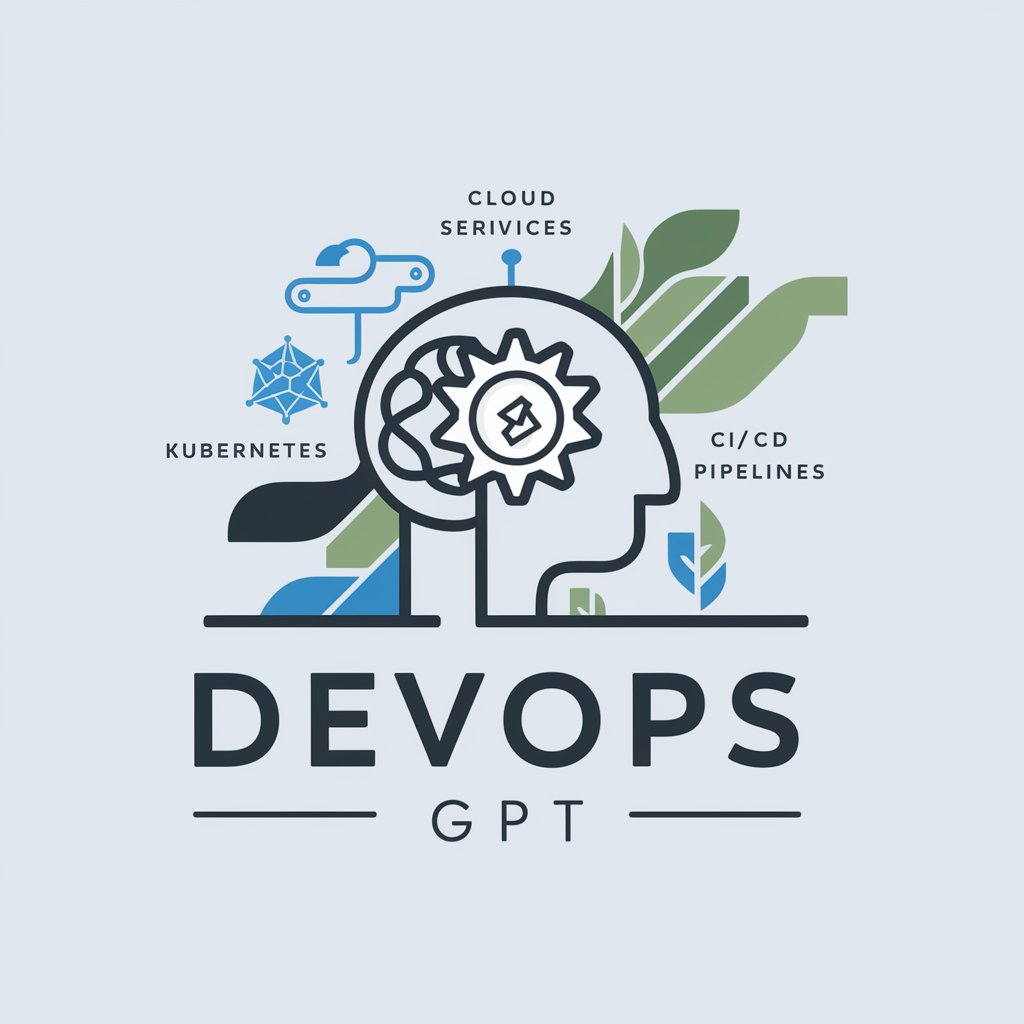
Welcome! I'm here to assist with your DevOps needs and challenges.
Streamline DevOps with AI
How can I optimize costs in my cloud services?
What are the best practices for setting up a CI/CD pipeline?
How do I resolve errors in my Terraform configuration?
Can you suggest strategies for implementing centralized logging in microservices?
Get Embed Code
Introduction to DevOps GPT
DevOps GPT is a specialized artificial intelligence model designed to offer comprehensive solutions, advice, and expertise in the field of DevOps, focusing on the integration of development and operations to improve collaboration, efficiency, and the delivery of software. It's engineered to assist in various DevOps practices such as continuous integration/continuous deployment (CI/CD) pipelines, cloud services optimization, Kubernetes deployment strategies, Terraform error troubleshooting, centralized logging for microservices, and security scanning integration in CI/CD processes. For example, it can guide users through the process of setting up a CI/CD pipeline using Jenkins, troubleshoot a failed deployment in Kubernetes, or recommend best practices for cost optimization in AWS. Powered by ChatGPT-4o。

Main Functions of DevOps GPT
CI/CD Pipeline Troubleshooting
Example
Diagnosing and resolving issues in a Jenkins pipeline that fails due to a misconfiguration in the build steps.
Scenario
A user is encountering persistent build failures in their Jenkins pipeline. DevOps GPT analyzes the error logs provided, identifies the root cause (e.g., incorrect environment variable), and suggests specific corrective actions, such as modifying the Jenkinsfile or adjusting the project's environment variables.
Cloud Services Cost Optimization
Example
Advising on strategies to reduce AWS costs by optimizing resource usage and selecting the right pricing models.
Scenario
A small business is struggling with escalating AWS costs. DevOps GPT evaluates their current cloud resource utilization and recommends implementing auto-scaling groups, purchasing Reserved Instances for predictable workloads, and utilizing AWS Cost Explorer to identify and eliminate underutilized resources.
Kubernetes Deployment Strategies
Example
Guiding users through the setup of advanced deployment strategies in Kubernetes, such as blue-green deployments or canary releases.
Scenario
A company wants to minimize downtime and reduce the risk of introducing new software versions. DevOps GPT suggests implementing a blue-green deployment strategy, providing step-by-step instructions on setting up two identical environments and gradually shifting traffic from the old version to the new version to ensure a smooth transition.
Terraform Error Resolution
Example
Assisting in troubleshooting and fixing errors encountered while using Terraform to provision infrastructure as code.
Scenario
An engineer faces a 'Terraform plan' error related to dependency conflicts in their infrastructure code. DevOps GPT helps by explaining the error message, identifying the conflicting resources, and offering a solution to resolve the dependencies or restructure the code for better clarity and maintenance.
Centralized Logging for Microservices
Example
Recommending tools and practices for implementing centralized logging in a microservices architecture.
Scenario
A DevOps team is struggling to manage logs scattered across multiple microservices. DevOps GPT suggests integrating a centralized logging system using Elasticsearch, Logstash, and Kibana (ELK Stack), providing guidance on log aggregation, storage, and visualization for easier debugging and monitoring.
Security Scanning Integration
Example
Advising on integrating security scanning tools in CI/CD pipelines to automatically detect vulnerabilities.
Scenario
To enhance software security, a company seeks to incorporate automated security scanning into their CI/CD process. DevOps GPT recommends using tools like SonarQube or OWASP ZAP, detailing how to integrate these tools into the pipeline to perform static and dynamic security analysis on the codebase.
Ideal Users of DevOps GPT Services
DevOps Engineers
Professionals responsible for bridging the gap between development and operations, focusing on automating and streamlining the software development process. They would benefit from DevOps GPT's ability to offer real-time troubleshooting, best practices, and tool recommendations to optimize CI/CD pipelines, cloud infrastructure, and deployment strategies.
Software Developers
Developers working in teams or on projects that adopt DevOps practices would find DevOps GPT invaluable for understanding and implementing CI/CD processes, adhering to best practices in cloud services, and integrating security into the development lifecycle.
IT Managers and Decision Makers
Leaders overseeing technology strategy and implementation. They can leverage DevOps GPT to gain insights into cost-effective cloud solutions, efficient deployment methodologies, and the integration of security practices into the DevOps pipeline, aiding in informed decision-making.
Cloud Architects
Experts in designing cloud computing architectures, including applications, systems, and services. They would benefit from DevOps GPT's guidance on optimizing cloud infrastructure for performance and cost, as well as designing resilient, scalable deployment strategies.

How to Use DevOps GPT
Start Your Trial
For a hassle-free introduction, visit yeschat.ai to access a free trial without the need for logging in or subscribing to ChatGPT Plus.
Identify Your Needs
Define the DevOps challenges you're facing, such as CI/CD pipeline issues, Kubernetes deployment strategies, or Terraform errors, to focus your queries.
Interact Intelligently
Engage with DevOps GPT by asking specific, detailed questions. Provide context for more tailored, accurate responses.
Apply Recommendations
Implement the provided solutions, tips, and best practices in your DevOps projects. Experiment with tool suggestions to find what works best for your setup.
Feedback Loop
Provide feedback on the solutions and advice given. This helps refine your queries and improve the interaction for future engagements.
Try other advanced and practical GPTs
WP Code GPT
Streamlining WordPress Development with AI
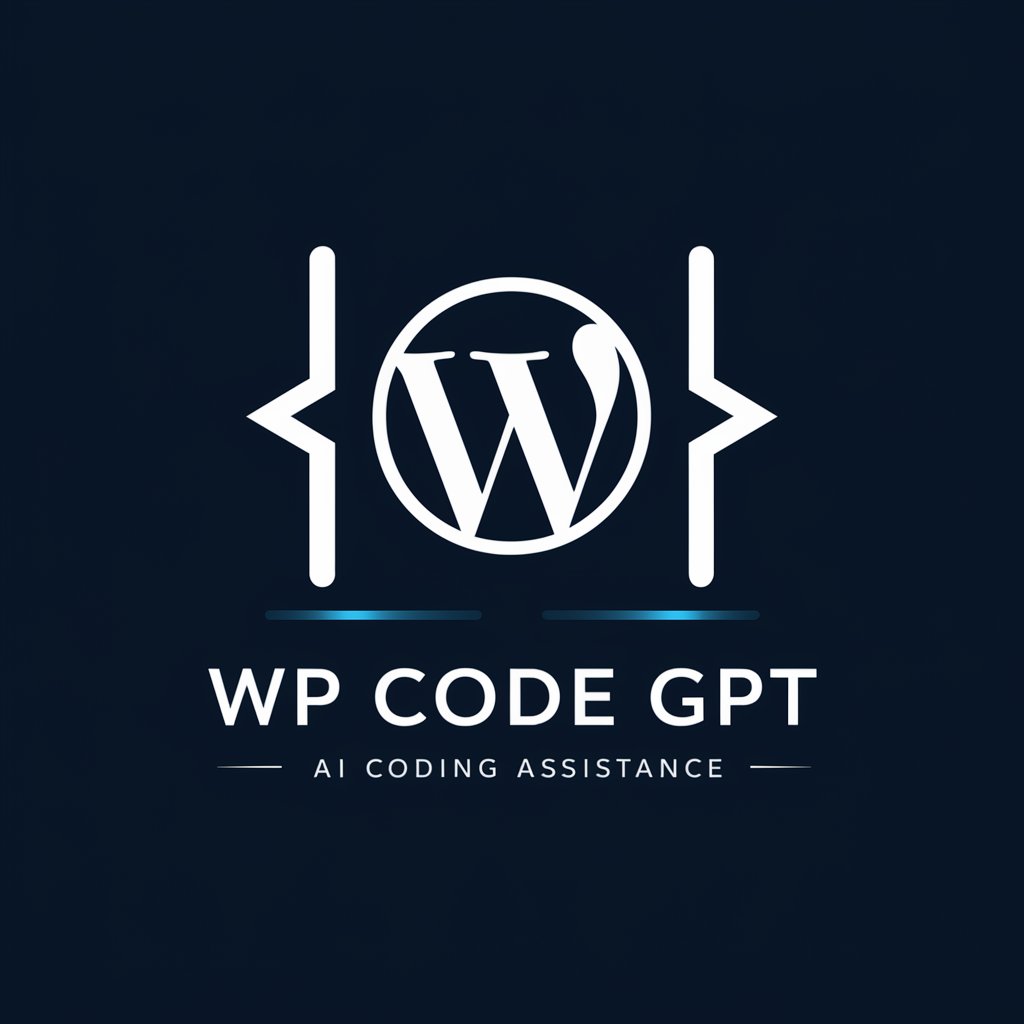
Tutor
Empowering education with AI guidance
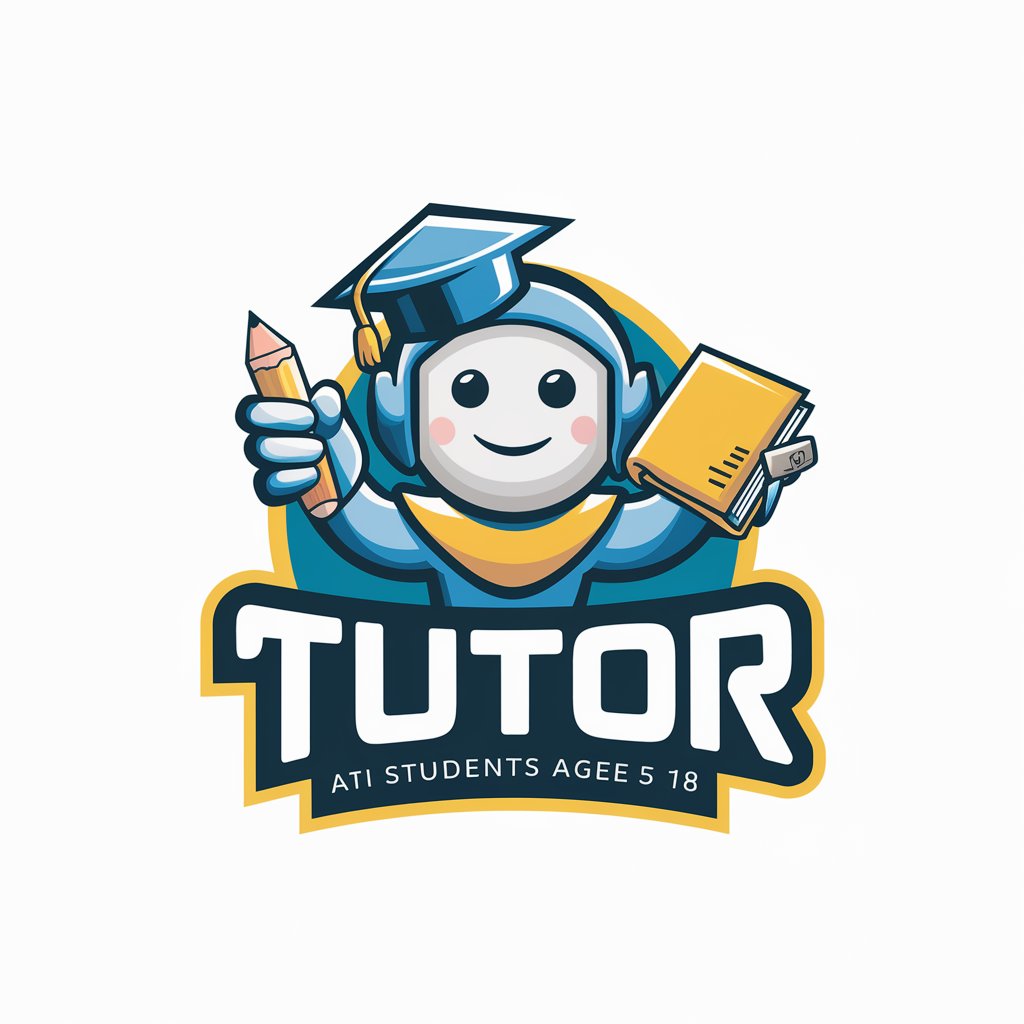
Stark Block
Unlock Insights with AI-Powered Analysis
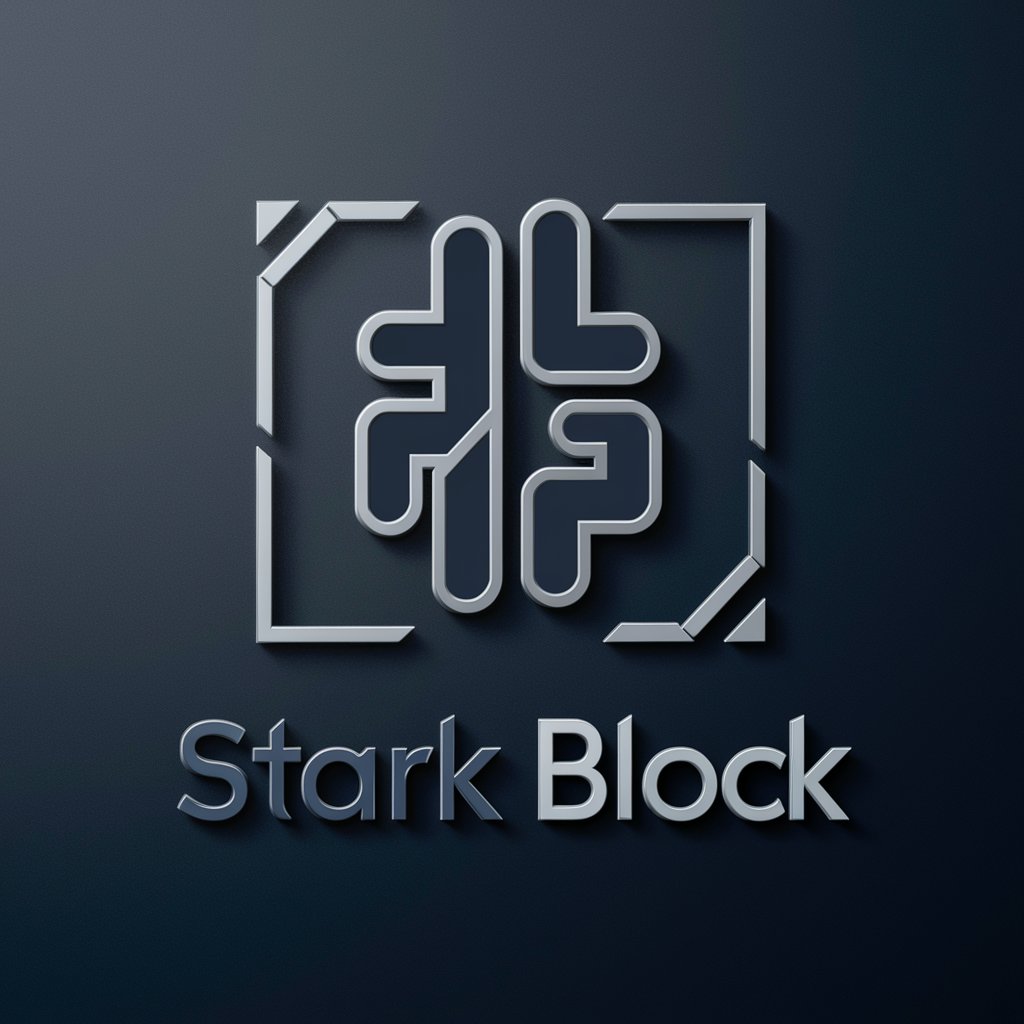
Phrase Fixer
Elevate Your Writing with AI
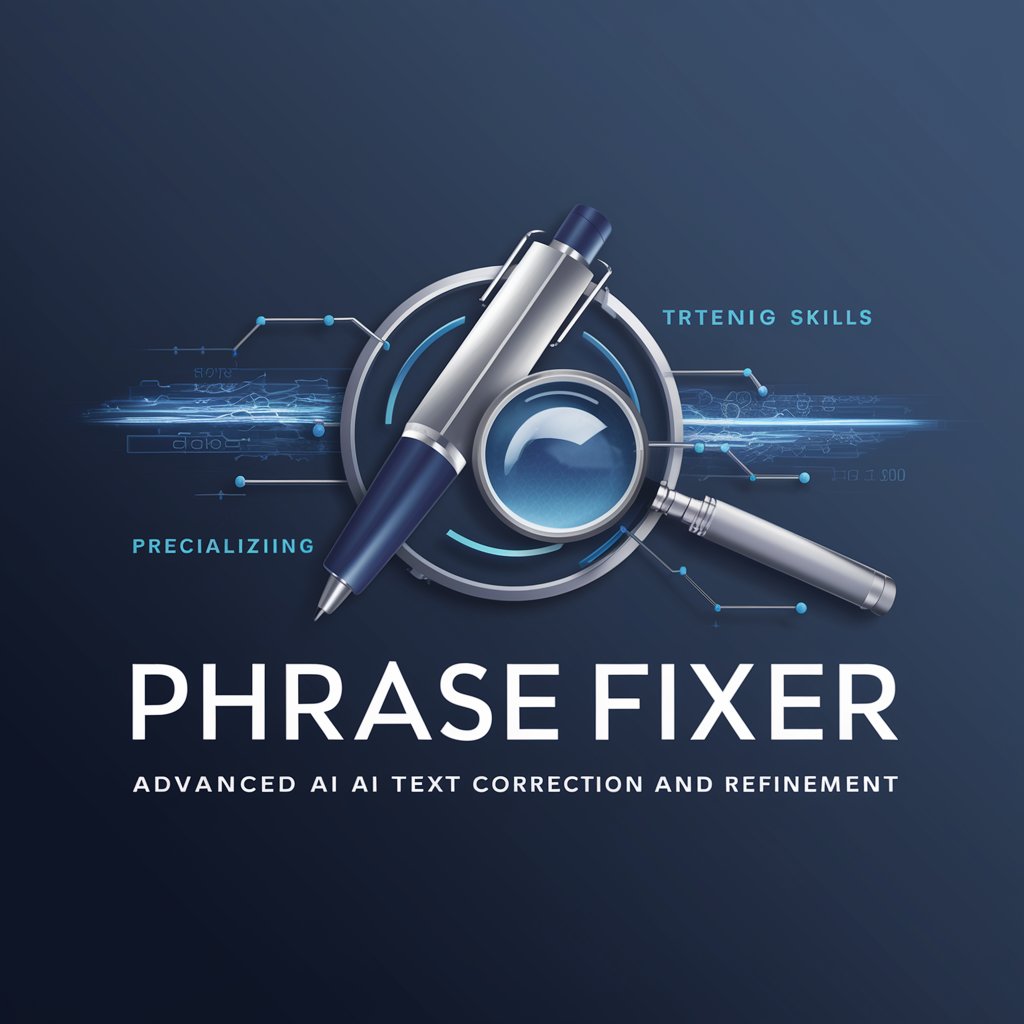
Le Facilitator
AI-powered concise summarization

insta captioner
Elevate Your Posts with AI-Powered Captions
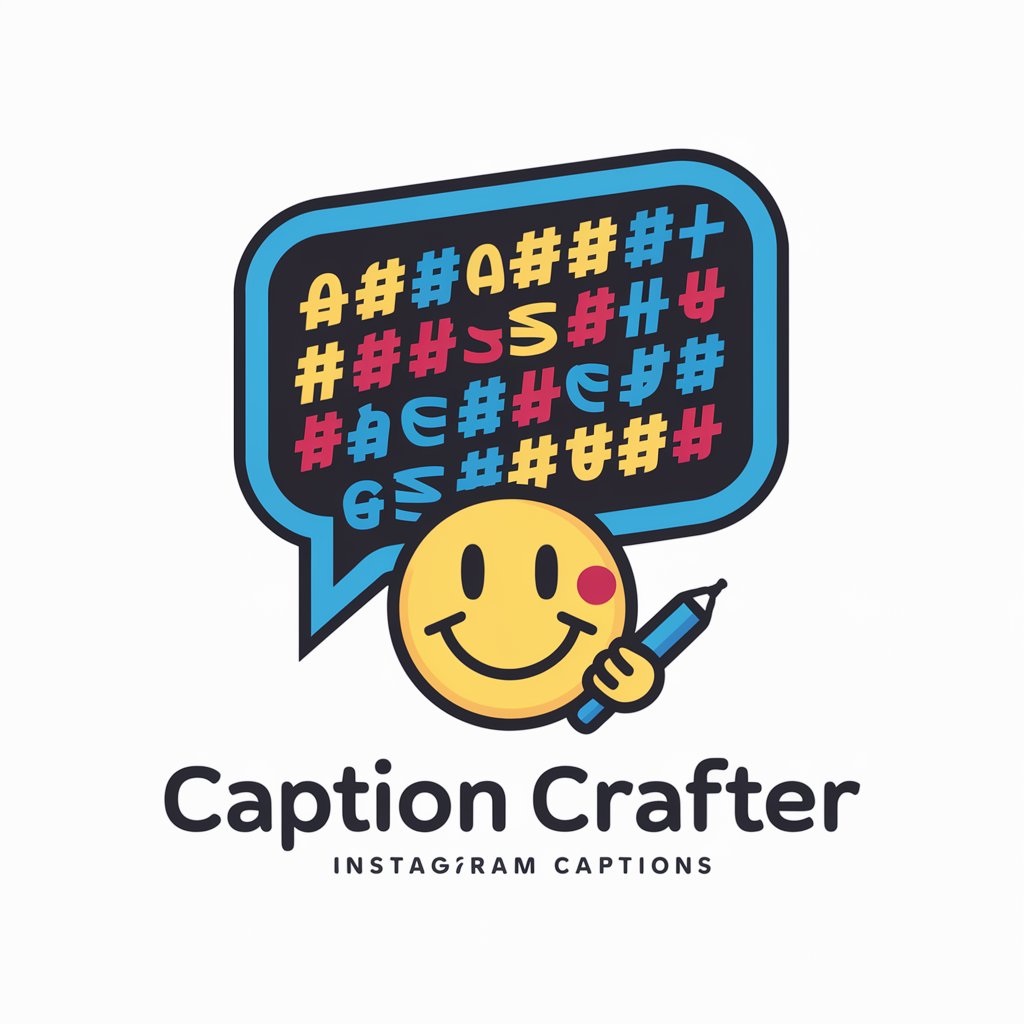
JIRAA Assistant
Automating JIRA with AI efficiency
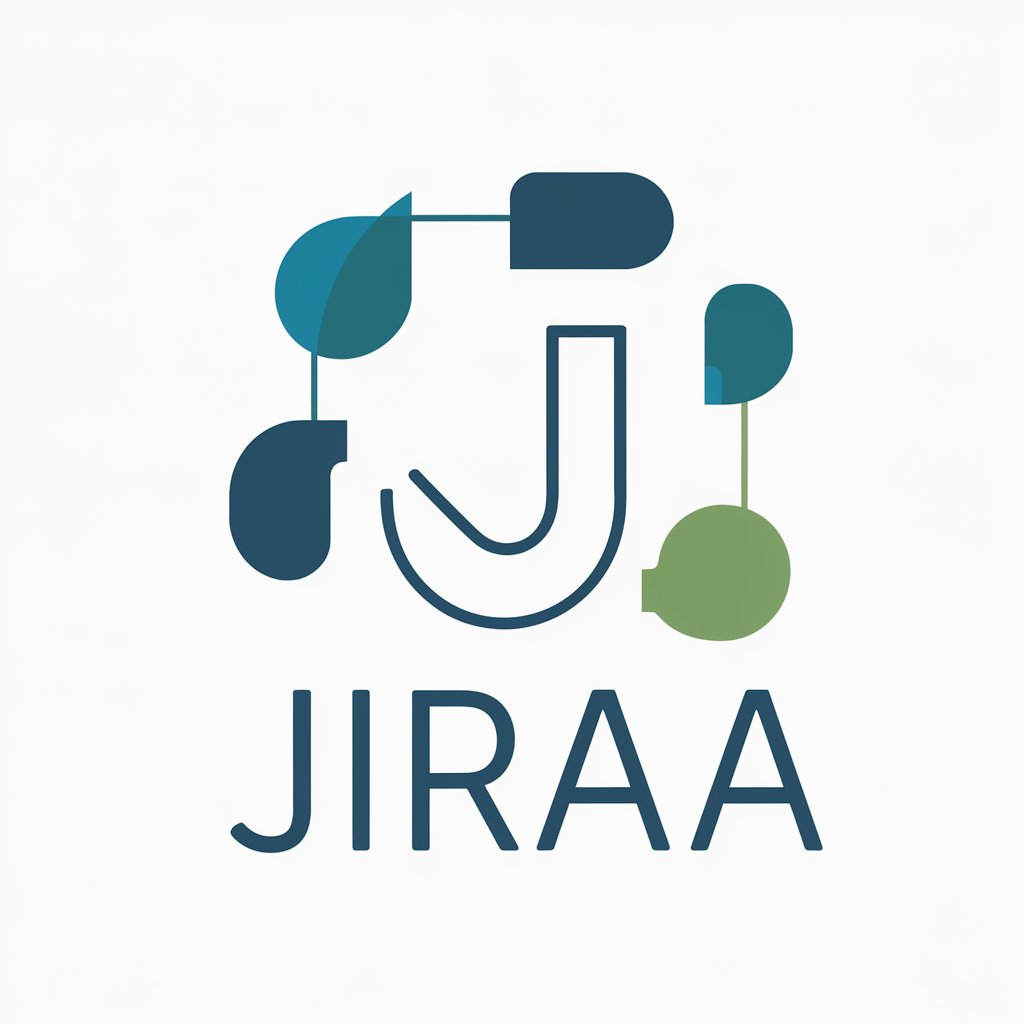
Canine Companion
Empowering Dog Owners with AI
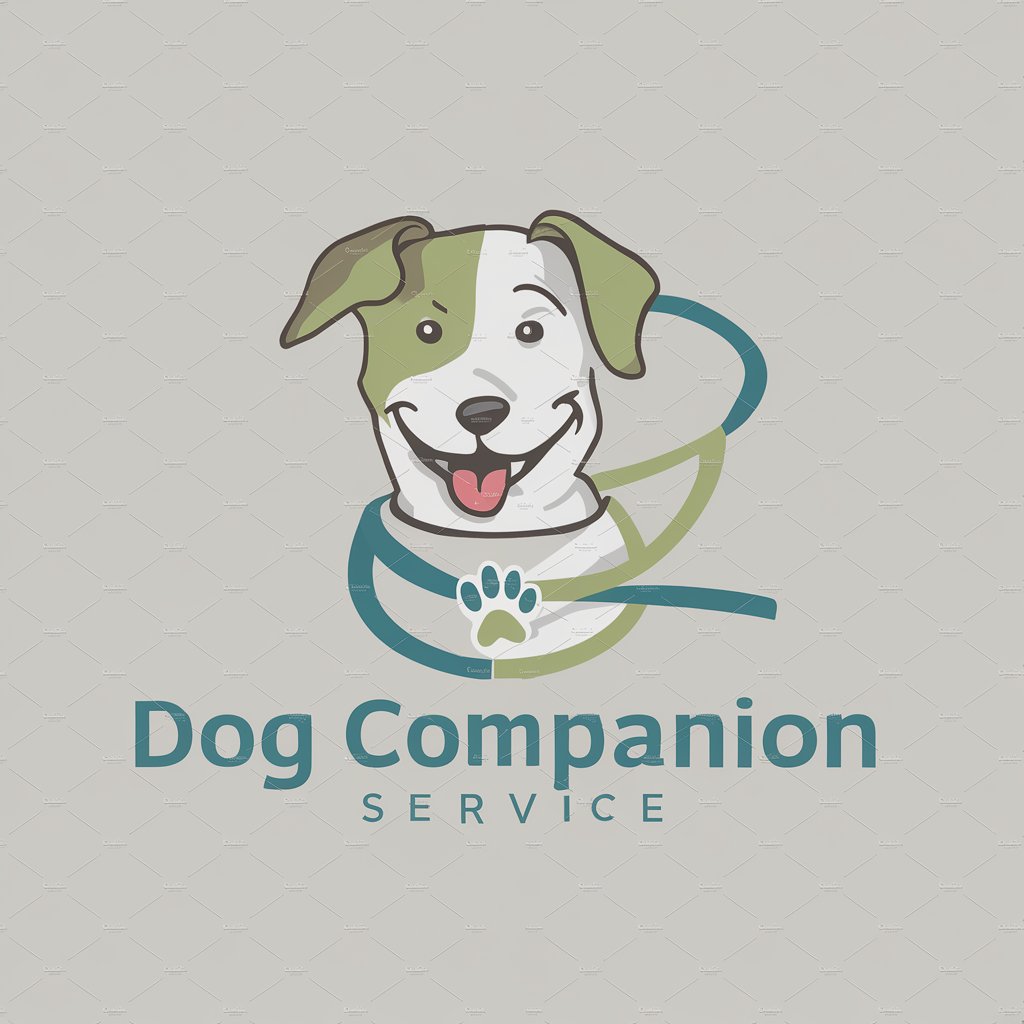
Easy Social Post
Empower Your Social Media with AI

Scavenger Hunt Master
Discover, Solve, and Explore with AI

Ophorus - Destination France Expert
Your AI-powered French voyage concierge.

Bilingual IELTS Mentor
Master IELTS with AI-Powered English Tutoring

DevOps GPT Q&A
What is DevOps GPT?
DevOps GPT is an AI-powered assistant tailored for DevOps practices, offering solutions and advice on cloud services, CI/CD pipelines, Kubernetes, Terraform, and security integrations.
How can DevOps GPT help optimize cloud costs?
DevOps GPT provides strategies such as identifying underutilized resources, suggesting cost-effective alternatives, and implementing auto-scaling to ensure optimal cloud service expenditure.
Can DevOps GPT troubleshoot CI/CD pipeline failures?
Yes, DevOps GPT can analyze common CI/CD issues, offer debugging steps, and suggest best practices to prevent future failures, enhancing pipeline reliability.
Does DevOps GPT offer advice on Kubernetes deployments?
DevOps GPT provides guidance on deploying applications using Kubernetes, including strategies for scaling, managing resources, and ensuring high availability.
How does DevOps GPT assist with Terraform errors?
DevOps GPT helps diagnose and resolve Terraform errors by suggesting troubleshooting steps, best practices for infrastructure as code (IaC) management, and tips to improve Terraform script reliability.
